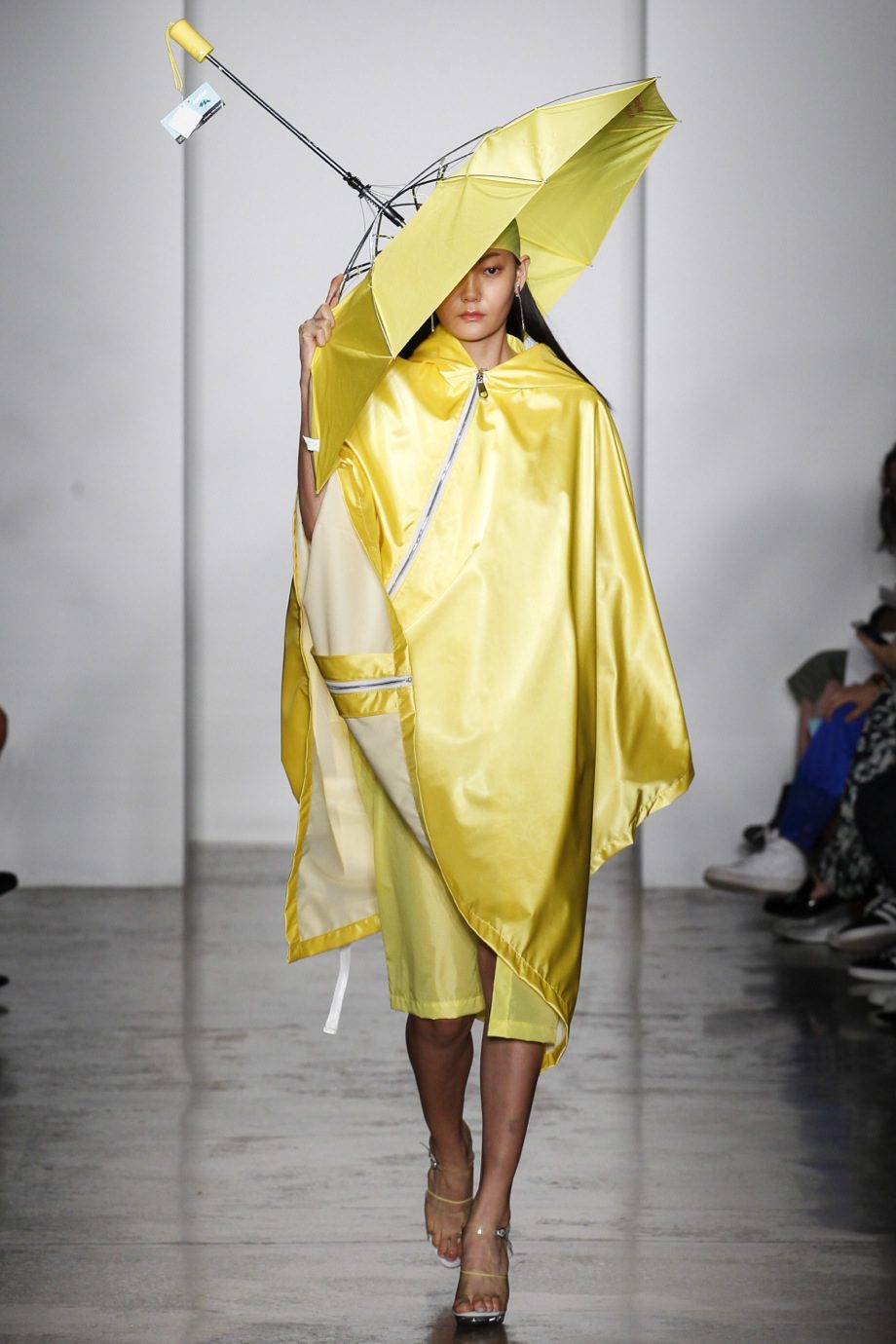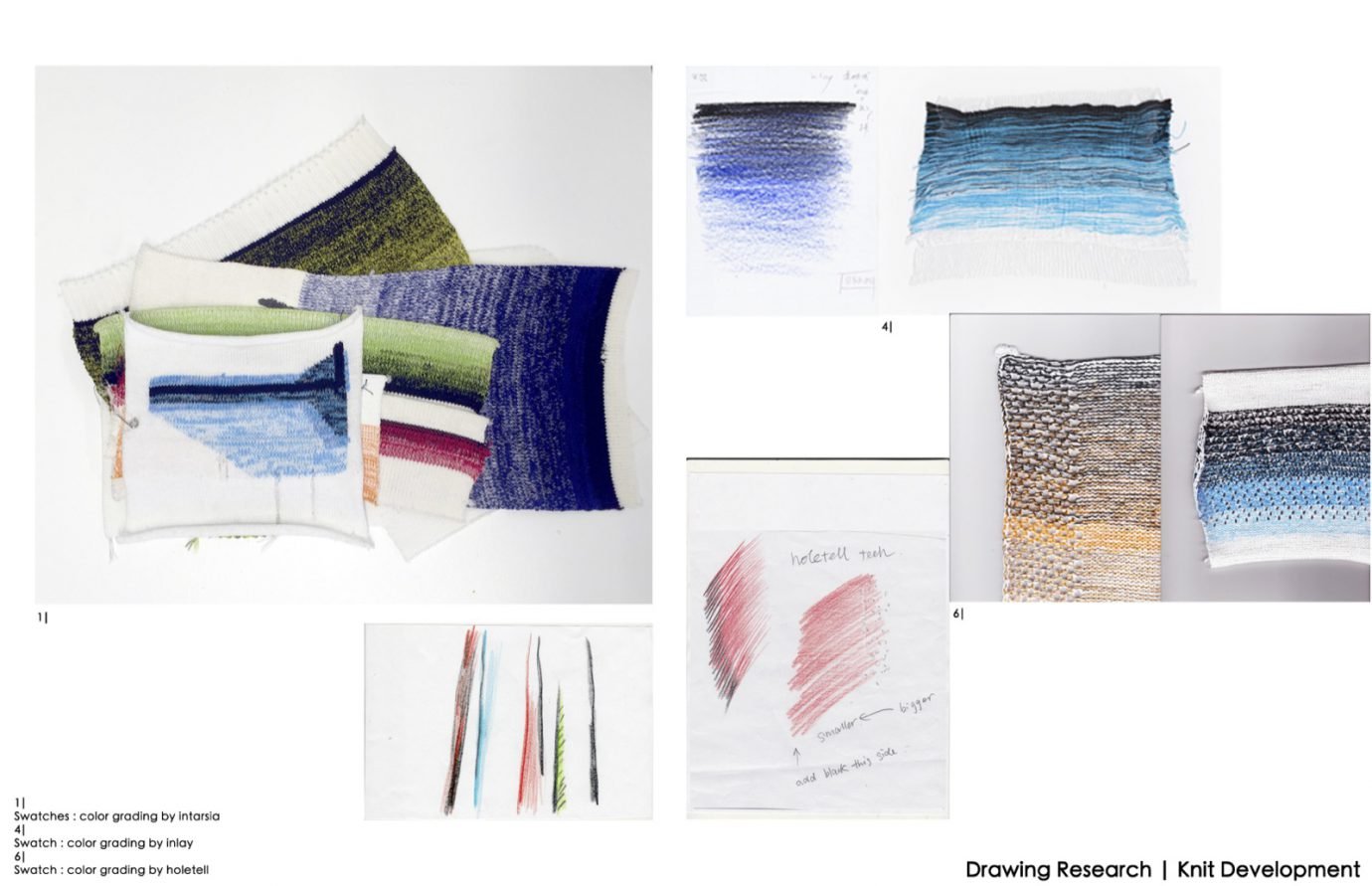Why did you decide to include this project on the course?
Shelley Fox: The societal focus has always been very much part of the DNA of the MFA Fashion Design & Society program – it’s seated in the name. In the past, it didn’t directly relate to a specific project. Within the program, the perspective of the individual design student is always at the centre of the conversation. This automatically leads to critical discourse around the culture of fashion, it’s system, the industry – how it operates and in which way the individual designer is bringing a new or innovative perspective to that discourse. Within that conversation it is impossible to ignore the recipients (wearer/audience) who are continuing the designer’s perspective into the real world. Fashion Design from that perspective cannot merely be a projection of ideas, it requires a dialogue with the wearer or audience to ensure a successful implementation or understanding around those ideas.
“The societal focus has always been very much part of the DNA of the MFA Fashion Design & Society program – it’s seated in the name.”
JOFF: This type of discourse should really be part of any advanced studies in fashion design. We don’t see the inclusion of the wearer or audience as a limitation but rather as an extremely powerful tool to actively contribute to a positive change within society. We all communicate daily through our clothes, whether this is from a totally visceral place or a way of ensuring clear communication of our position in society. It is a universal language we all make use of either consciously or subconsciously.
Shelley Fox: As Directors, we are in constant conversation about the state of the world, the state of fashion and how we can actively incorporate changes within the curriculum in reflection of that – it’s the only way to ensure that we are preparing our design students for uncharted territory.
“We all communicate daily through our clothes, whether this is from a totally visceral place or a way of ensuring clear communication of our position in society.”
JOFF: The development of this project came about quite naturally and started about 3 years ago. In 2017 I received an email from the Program Coordinator for Creative Arts; Youthful Offender Division at Riker’s Island jail – with the request for either professors or graduate students from the program to volunteer 2-hour workshops in fashion design to their cohort of incarcerated youth. Years prior to that I had volunteered at the Ali Forney Center, an organization that supports harmed and homeless LGBTQ youth – which I had found an extremely valuable learning experience for myself. The email and that experience in many ways prompted the idea around the possibility of incorporating a collaboration within the program with our students.














